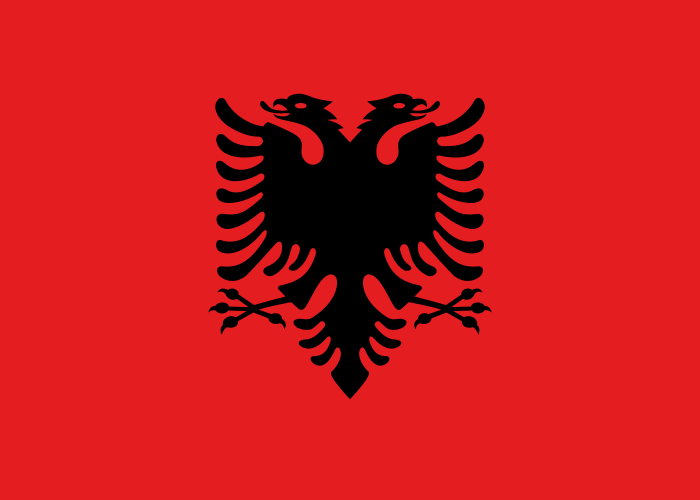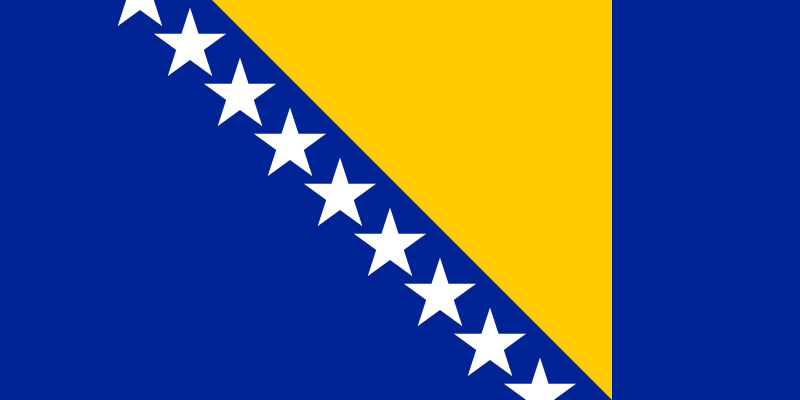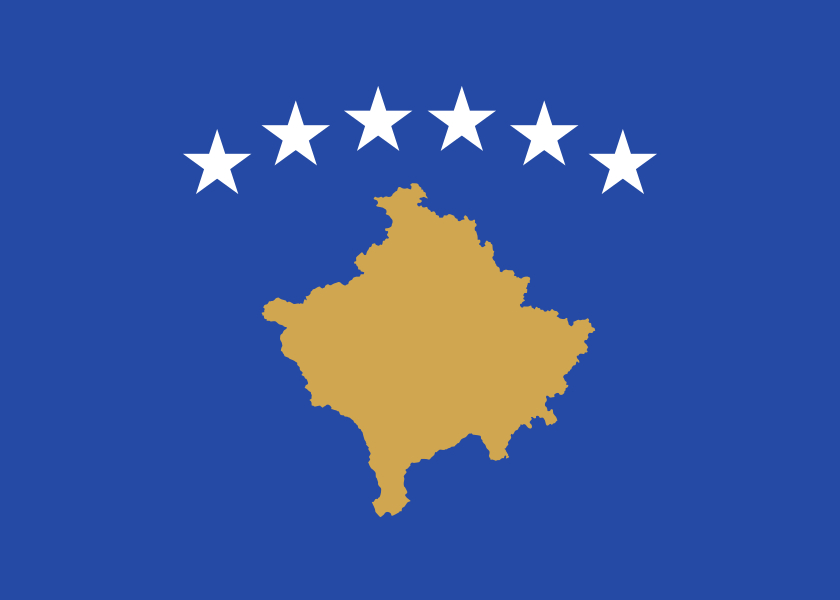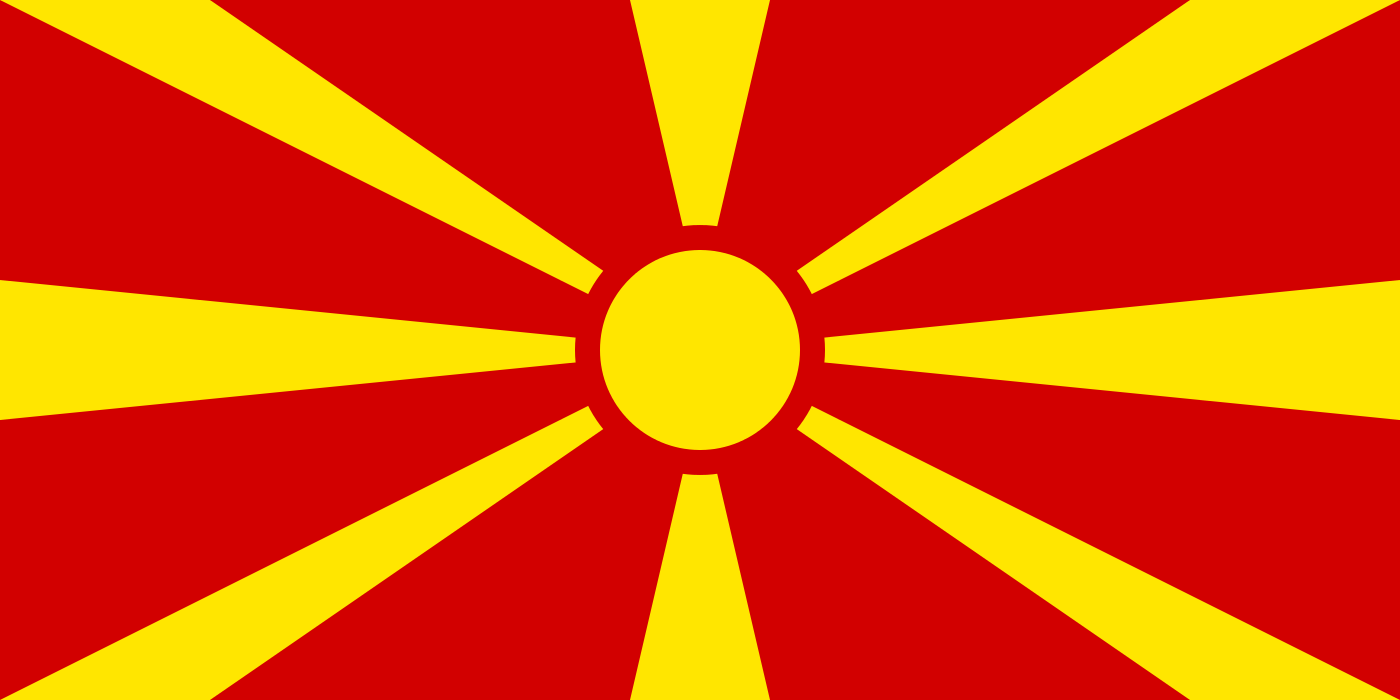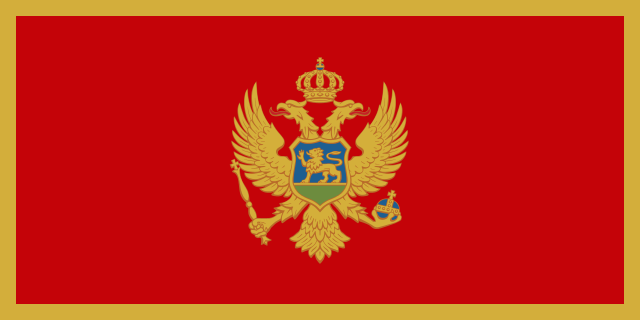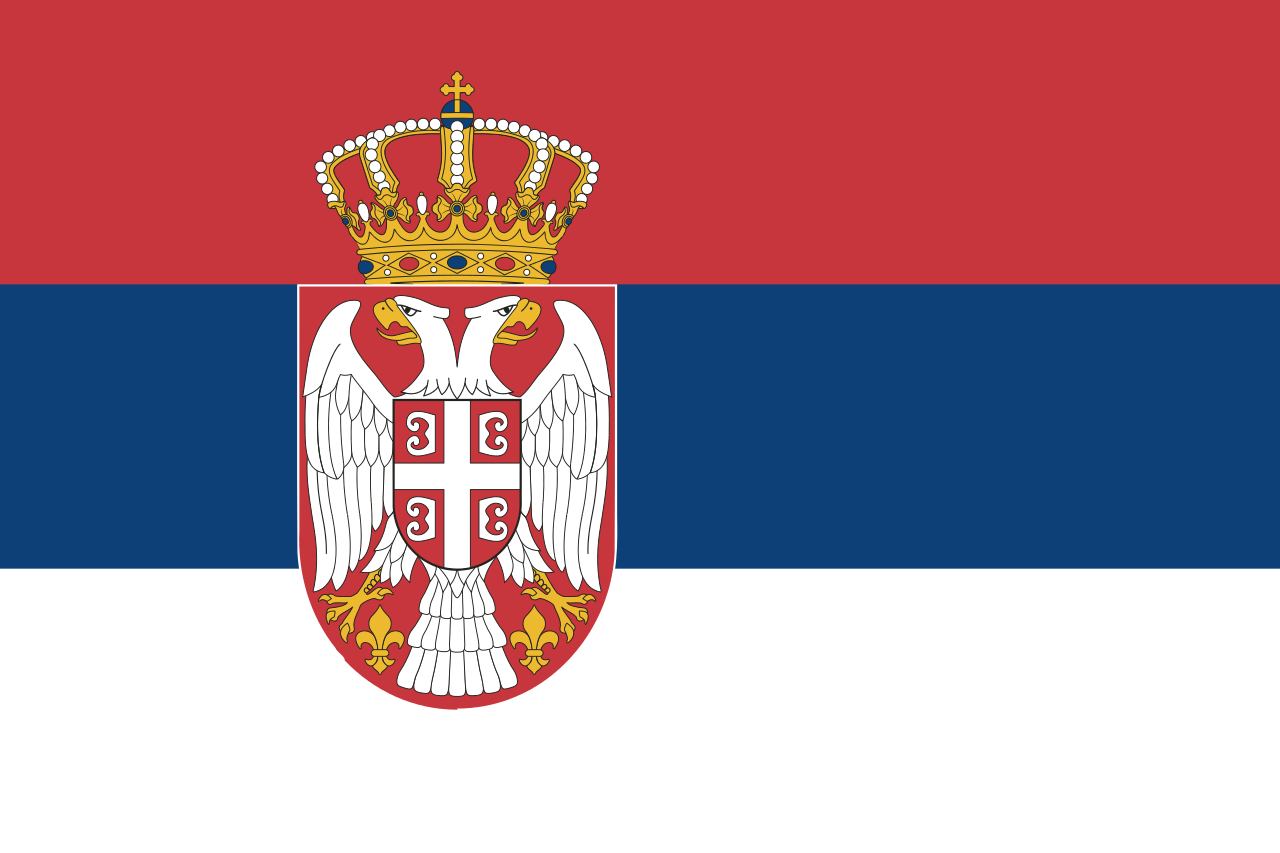Regional Energy Efficiency Programme for the Western Balkans, REEP Plus Replenishment
Beneficiary Countries:
Short description of the overall project
In June 2012, the Steering Committee of the Western Balkans Investment Framework (WBIF) approved a €23.35 million grant to the EBRD to establish the Regional Energy Efficiency Programme for the Western Balkans. In 2017, a new initiative, REEP Plus, is created as a successor to the original REEP. Despite the achievements of REEP and REEP Plus, there is still a lot that needs to be done on energy efficiency in the Western Balkans.
The ‘REEP Plus replenishment’ will be developed to continue to address the barriers and bring additional benefits through a combination of project preparation support and medium to long term financing to households and public buildings sector for their required sustainable energy efficiency investments.
Consolidated structure of REEP Programmes will be as follows:
- (Window 1) Project preparation support for public tenders of energy efficiency ESCO projects (EBRD);
- (Window 1b) Policy support for the national Energy Efficiency Action Plan (NEEAP) implementation (EBRD);
- (Window 2a) Credit Line facility through local financial institutions for the corporate, SME and municipal sectors (KfW); ·
- (Window 2b) Credit Line facilities through local financial institutions covering residential sector supported by investment incentives to end beneficiaries, and technical assistance (EBRD);
- (Window 2c) Credit Line Facility through local financial institutions covering corporate, SME and municipal sectors (EBRD);
- (Window 3) Direct lending facility covering private sector sustainable energy projects, including ESCOs (EBRD);
- (Window 4a) Capital expenditure grants to co-finance municipal loans to the State, cities or municipal companies, under guarantee of the City or the State as well as technical assistance to improve energy efficiency in public buildings (i.e. schools, hospitals, government buildings) (KfW);
- (Window 4b)Capital expenditure grants to co-finance municipal loans to the State, cities or municipal companies, under guarantee of the City or the State as well as technical assistance to improve energy efficiency in public buildings (i.e. schools, hospitals, government buildings) (EBRD).
Short description of activities financed by the donation
The ‘REEP Plus replenishment will reinforce Window 2b (lending to residential sector) and Window 4 (direct lending to public sector). It will have the following components:
- Window 2b – EBRD’s new Credit Line Facility to local Participating Financial Institutions (PFIs) with focus on the Residential Sector (“WB GEFF II”). The expected Facility size will be in the range of EUR 60 million or more subject to EBRD’s Board approval. The Facility will be supported by an additional EU contribution of EUR 9.5 million to finance investment incentives and technical assistance, in the amount of up to EUR 5 million, will be financed by other donor(s)). Other grant fund(s) may be also used to maximise the outreach.
- Window 4a – at least EUR 36 million KfW Direct Financing facility combined with technical assistance to the State, cities or municipal companies to improve energy efficiency in public buildings. (i.e. schools, hospitals, government buildings) (additional EU contribution of EUR 14,75 million to finance capital expenditure grants).
- Window 4b – at least EUR 25 million EBRD Direct Financing facility combined with technical assistance to the State, cities or municipal companies to improve energy efficiency in public 6 buildings.(i.e. schools, hospitals, government buildings) (additional EU contribution of EUR 4.75 million to finance capital expenditure grants).


